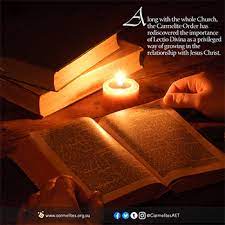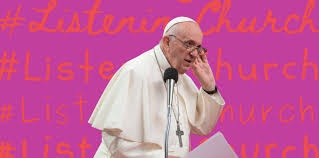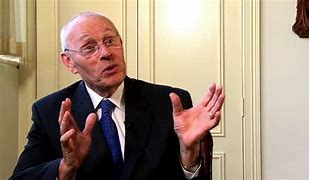The Holy Spirit: God’s creative and creating Presence
Reflection #1 of 3:
When Moses encountered God on Sinai, a promise was given to him: “I will be with you” – see Exodus 3:12. Moses replied: “If I come to the Israelites and say to them, ‘The God of your ancestors has sent me to you,’ and they ask me, ‘What is his name?’ what shall I say to them?” God said to Moses, “I AM WHO I AM.” He said further, “Thus you shall say to the Israelites, ‘I AM has sent me to you’” – see Exodus 3:13-14 – NRSV.







